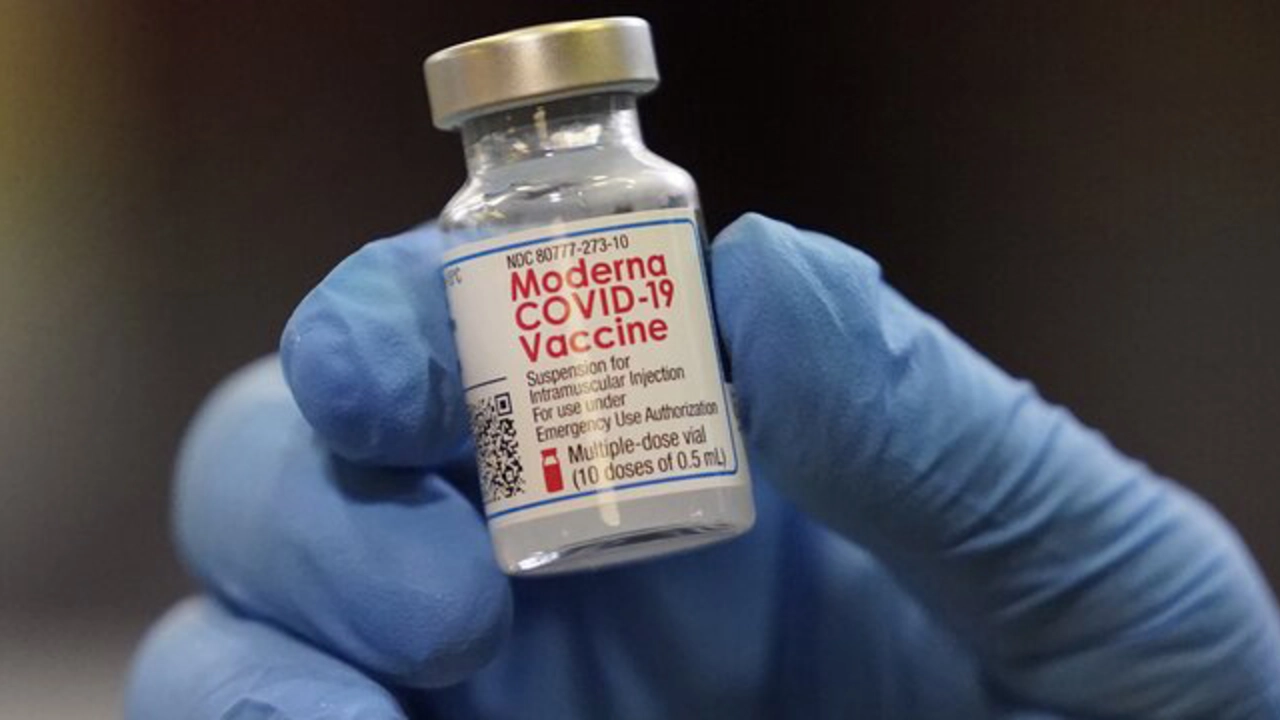Covid Vaccines: What You Need to Know
COVID-19 changed life for everyone, and the vaccines have been the biggest game‑changer. If you’re wondering how they protect you, what the different shots are, or whether a booster is right for you, you’re in the right place. This guide breaks everything down in plain language so you can make an informed choice without getting lost in medical jargon.
How Covid Vaccines Work
All approved COVID vaccines teach your immune system to recognize the virus’s spike protein. The mRNA shots (Pfizer‑BioNTech and Moderna) give cells a short recipe to make a harmless piece of that protein. Your body spots it, mounts a response, and remembers it for future fights.
Viral‑vector vaccines (Johnson & Johnson, AstraZeneca) use a harmless virus to deliver the same spike‑protein instructions. The adenovirus can’t cause COVID, but it still triggers the immune system to build defenses.
Protein‑subunit vaccines, like Novavax, contain the spike protein itself, plus an adjuvant to boost the reaction. They don’t involve any genetic material, which some people find reassuring.
Regardless of the platform, the goal is the same: train your body to spot and destroy the real virus before it can cause serious illness. That’s why even a single dose can cut your risk of hospitalization dramatically.
Choosing the Right Shot for You
Food for thought: most health agencies say any approved vaccine is better than none. If you’ve already started a series, stick with the same brand for the second dose unless you have a specific reason to switch.
If you’re eligible for a booster, pick the one that’s most available in your area. Studies show that mixing mRNA boosters after a viral‑vector primary series boosts protection even further. But if you’re allergic to a component, talk to a doctor before mixing.
Side effects are common but usually mild—sore arm, fatigue, headache, or low‑grade fever. They’re signs that your immune system is doing its job. Serious reactions are rare; if you ever feel extreme chest pain or difficulty breathing, seek medical help right away.
People over 65, those with chronic conditions, and anyone who works in high‑risk settings should prioritize getting a booster as soon as it’s offered. The added protection can mean the difference between a mild cold and a hospital stay.
Finally, keep your vaccination card handy. Many venues—sports arenas, concert halls, even some restaurants—require proof of vaccination or a recent negative test. Having it on your phone saves time and avoids last‑minute stress.
Bottom line: COVID vaccines are safe, effective, and widely available. Whether you choose an mRNA, viral‑vector, or protein‑subunit shot, you’re building a shield that protects you, your family, and your community. Stay informed, follow local health guidelines, and enjoy the peace of mind that comes with being vaccinated.
Are Covid vaccines causing heart problems for athletes?
- Darius Hawthorne
- Jul 22 2023
- 0 Comments
There's been quite a buzz around whether Covid vaccines are causing heart problems for athletes. I've looked into it, and while there are isolated cases of vaccine-related heart inflammation, the numbers are extremely low. The vast majority of athletes, like the rest of us, experience no serious side effects. Remember, the overall benefits of vaccination, including for athletes, far outweigh the risks. So, while it's important to stay informed, it's equally crucial not to let isolated incidents cause unnecessary panic.
View More